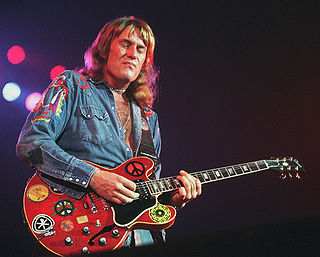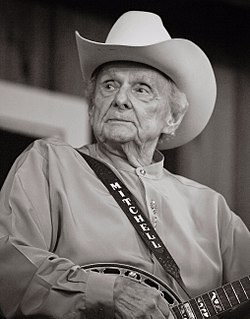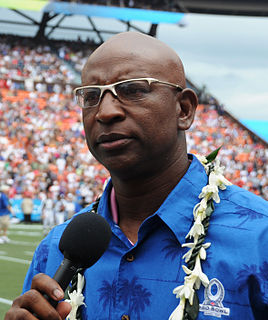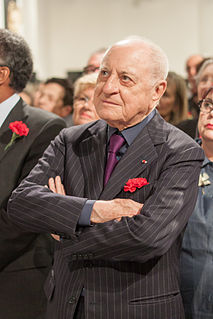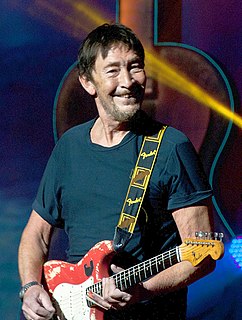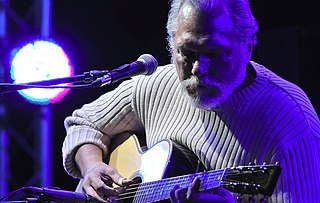A Quote by B. B. King
I liked blues from the time my mother used to take me to church. I started to listen to gospel music, so I liked that. But I had an aunt at that time, my mother's aunt who bought records by people like Lonnie Johnson, Robert Johnson, Blind Lemon Jefferson, and a few others.
Related Quotes
My first banjo? My mother's sister, my aunt, lived about a mile from where we did, and she raised some hogs. And she had - her - the hog - the mother - they called the mother a sow - of a hog. And she had some pigs. Well, the pigs were real pretty, and I was going to high school and I was taking agriculture in school. And I sort of got a notion that I'd like to do that, raise some hogs. And so my aunt had this old banjo, and my mother told me, said, which do you want, the pig or a banjo? And each one of them's $5 each. I said, I'll just take the banjo.
I was raised by my great-great aunt. I was adopted within our family. My mother had me when she was, I think, 15, 16. They tried to get her to have an abortion and she refused. So, my 'mama' adopted me, which was really her great aunt, which was really my great-great aunt, who was named Viola Dickerson. I was told that my mother was my sister.
In other words, you're taking away your freedom of speech. And they [ministers and priests] started telling me about the Johnson Amendment which really was the first time - and I started studying .And we had a meeting a month later and I said, "We're gonna get rid of the Johnson Amendment because they're stopping you and our great people from talking."
I had, in college, a professor called Walter Jackson Bate, and he taught a course called The Age of Johnson. It's about Samuel Johnson and his period, 18th-century British writing. So we all got to endure Samuel Johnson, and Boswell's 'Life of Johnson' is now my favorite book. I read it all the time I can; it's great for going to sleep.
When I started saxophone, my dad took me to my uncle's church, and I started playing there, too. At its best, music serves a greater purpose, and that showed me a whole other side to spiritual jazz, one which you can hear in the music - the gospel and blues feel, the soul that's embedded into the more avant-garde records.


